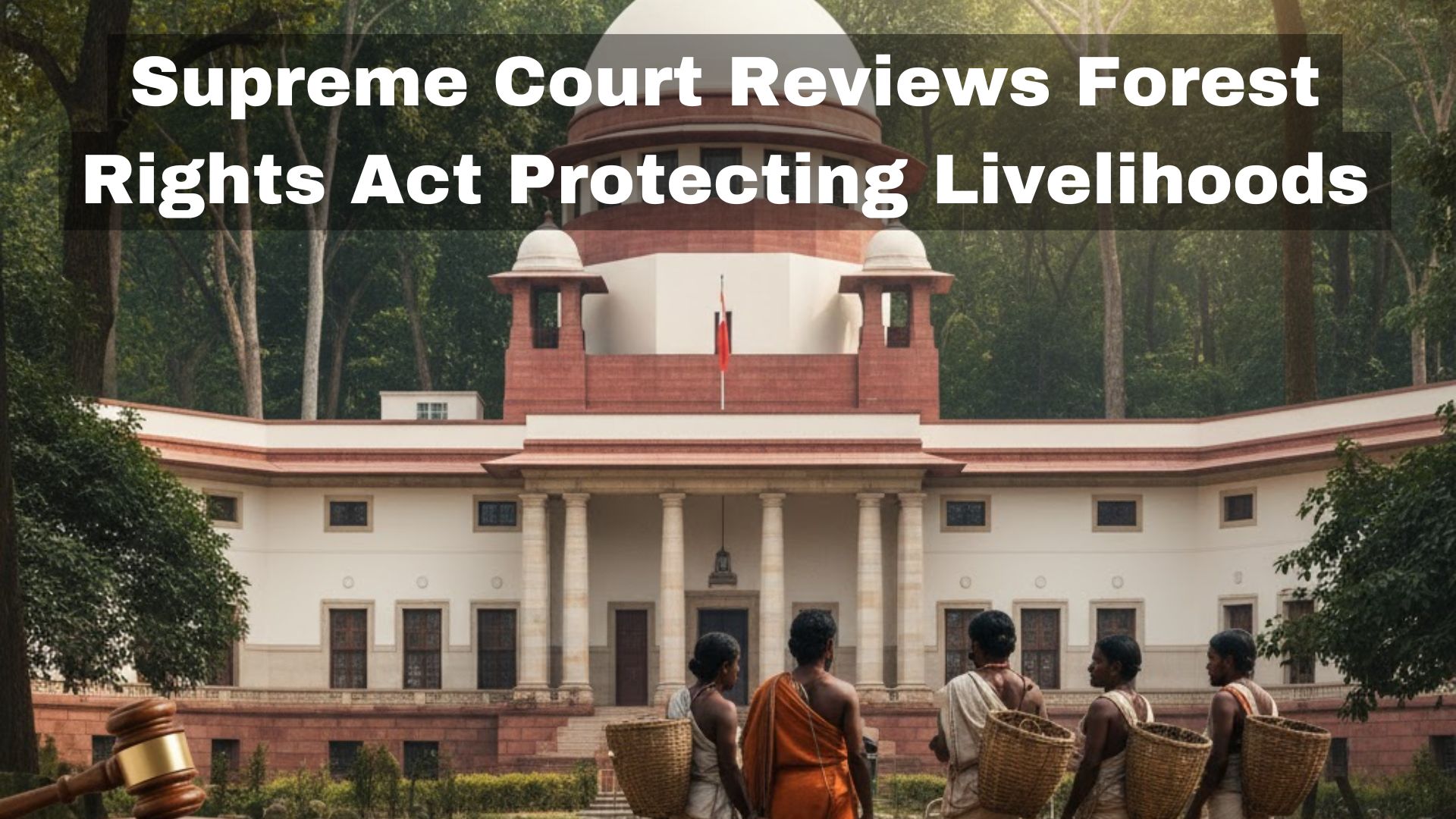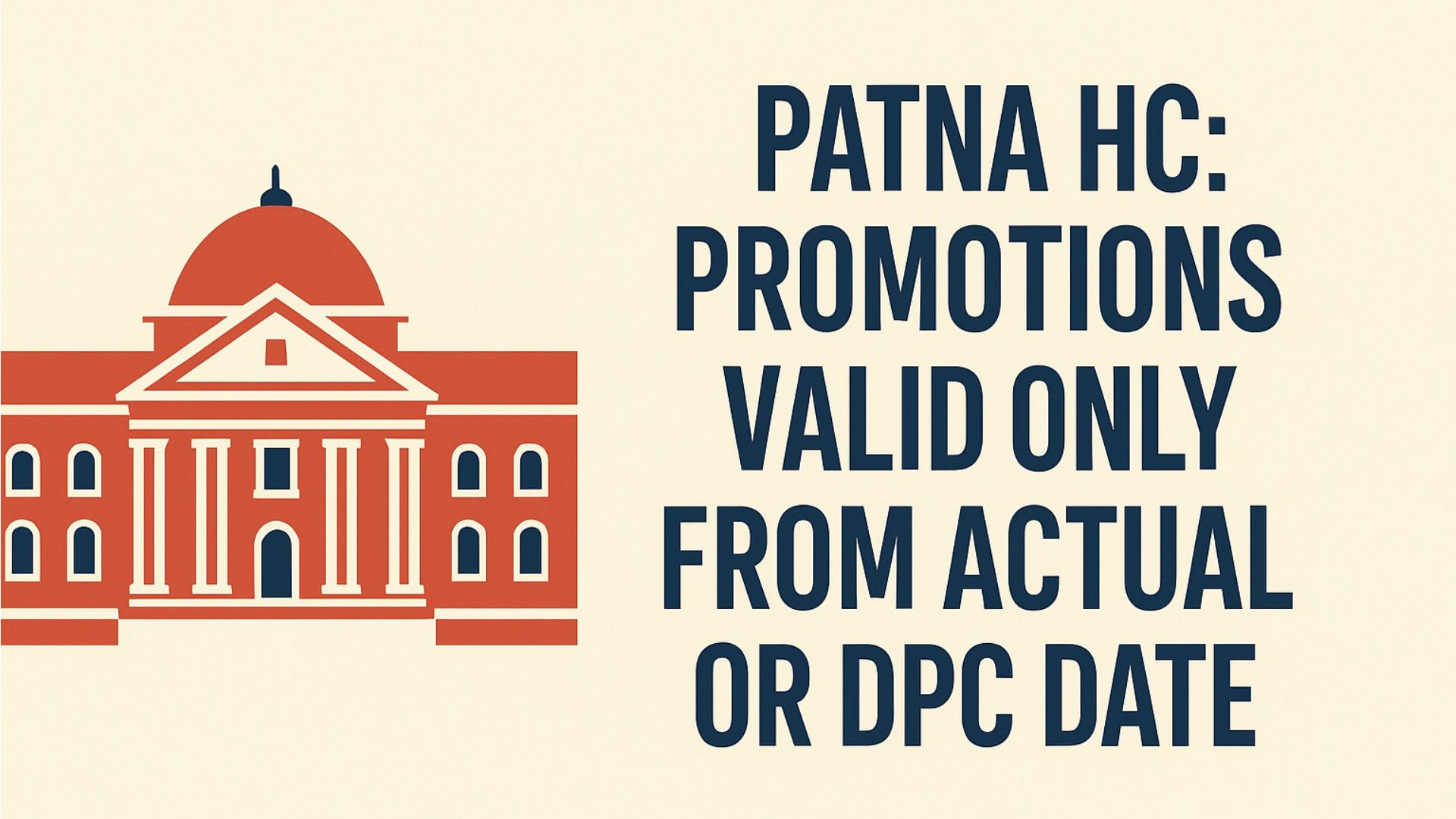Varghese Kalliath, J.@mdashAt the instance of the assessee, the Income Tax Appellate Tribunal (in short, ""the Tribunal""), Cochin Bench, has
referred the following question for the opinion of this court :
Whether the Income Tax Appellate Tribunal was right in law and on facts in holding that the claim for deduction of gratuity to the extent of Rs.
1,88,752 was not allowable ?
2. The assessment year concerned is 1977-78. The previous year is the year ended on April 30, 1976. The assessee claimed admissible amount of
gratuity of Rs. 5,25,247. The Income Tax Officer allowed only Rs. 3,36,495. Thus an amount of Rs. 1,88,752 was disallowed. This amount was
disallowed since the Income Tax Officer disallowed incremental liability. The assessee filed an appeal before the Commissioner of Income Tax
(Appeals). The Commissioner of Income Tax (Appeals) followed the order of the Income Tax Tribunal dated December 30, 1975, in I. T. A. No.
369 (Cochin) of 1974-75 and confirmed the same. The assessee filed a further appeal before the Tribunal. The Tribunal followed its earlier order
(I. T. A. No. 369 (Cochin) of 1974-75) and confirmed the order of the Commissioner of Income Tax (Appeals). At the instance of the assessee,
the Tribunal has referred the question stated in paragraph 1 of this judgment.
3. We heard counsel on both sides. The assessee claimed incremental liability for gratuity on the basis of actuarial valuation of gratuity, taking into
account the element of future increase in salary. The assessee claimed a total amount of Rs. 5,25,247. The Revenue contended that what could be
allowed for gratuity liability in the matter of Income Tax assessment of an employer should not include any amount based on the element of future
increase in salary. Without the element of future increase in salaries, the gratuity liability comes to Rs. 3,36,495. The Income Tax Officer allowed
the said amount. This computation was found to be in accordance with law by the Commissioner of Income Tax (Appeals) and the Tribunal.
4. The question has to be decided on a proper interpretation of Section 40A(7)(b)(ii) of the Income Tax Act. In CIT v. Periya Karamalai Tea and
Produce Co. Ltd. [1987] 167 ITR 32, a Division Bench of this court has observed thus (at p. 35) :
All this apart, what is more fundamental is that the Tribunal, wrongly in our view, thought that an ''incremental liability'' was a concept germane to
Section 40A(7)(b)(ii) and that an allowance could be claimed under that caption for amounts in excess of the ''admissible amounts'' defined under
Explanation I to Section 40A(7)(b)(ii) of the Act.
5. The Division Bench clearly observed that Section 40A(7)(b)(ii) does not envisage an incremental liability based on the element of future increase
in salary. This decision in CIT v. Periya Karamalai Tea and Produce Co. Ltd. [1987] 167 ITR 32, has been followed by another Division Bench
of this court in Commissioner of Income Tax Vs. Chembra Peak Estates Ltd., .
6. The Supreme Court had occasion to consider the scope of Sub-section (7) of Section 40A of the Income Tax Act in Shree Sajjan Mills Ltd.
Vs. Commissioner of Income Tax, M.P., Bhopal and Another, and the Supreme Court observed that a plain construction of the section would
indicate that whatever is provided for future use by the assessee out of the gross profits of the year of account for payment of gratuity to employees
on their retirement or on the termination of their services would not be allowed as a deduction in the computation of profits and gains of the year of
account, unless the respective conditions specified in Clause (b) are fulfilled. Further, the Supreme Court explained that the expression ""provision
has not been defined in the Act and is not used in any artificial sense but only in its ordinary meaning. The embargo is on deduction of amounts
provided for future use in the year of account for meeting the ultimate liability for payment of gratuity. Clause (b)(i) plainly excludes from the
operation of Clause (a) contributions to an approved gratuity fund and amounts provided for or set apart for payment of gratuity which would be
payable during the year of account. Clause (b)(ii) deals with a situation where the assessee might provide by the spread-over method and provides
that such provision would be excluded from the operation of Clause (a) provided the three conditions laid down by the Sub-clauses are satisfied.
7. The Supreme Court has also referred to in the above decision, the necessity to understand the intention of the Legislature in enacting the
provisions of Section 40A(7). The Notes on Clauses of the amendment read as follows Bhagwandas Narayandas Vs. Commissioner of Income
Tax, Ahmedabad and Others, :
A reading of these two provisions clearly shows that the intention has always been that deduction in respect of gratuities should be allowed either
in the year in which the gratuity is actually paid or in the year in which contributions are made to an approved gratuity fund. A doubt has been
expressed that the relevant provisions, as presently worded, do not secure the underlying objective and that a provision made by a taxpayer in his
accounts in respect of estimated service gratuity payable to employees will be deductible in computing the taxable income in a case where the
provision has been made on a scientific basis in the form of an actuarial valuation. In order to remove uncertainty in the matter, it is proposed to
specifically provide in the law that no deduction will be allowed, in the computation of profits and gains of a business or profession, in respect of
any reserve created or provision made for the payment of gratuity to the employees on retirement or on termination of employment for any reason.
This restriction will, however, not apply in relation to a provision made for the purpose of payment of a sum by way of contribution towards an
approved gratuity fund that has become payable during the relevant year, or for the purpose of meeting actual liability in respect of payment of
gratuity to the employees that has arisen during such year.
8. Certainly, we must bear in mind that fiscal statutes should be strictly construed, but it does not rule out the principles of reasonable construction
to give effect to the purpose or intention of any particular provision on a plain reading of the provision and understanding the apparent scheme of
the Act. In the circumstances, we answer the question referred in the affirmative, against the assessee and in favour of the Revenue.
9. A copy of this judgment under the seal of this court and the signature of the Registrar shall be forwarded to the Income Tax Appellate Tribunal,
Cochin Bench.

